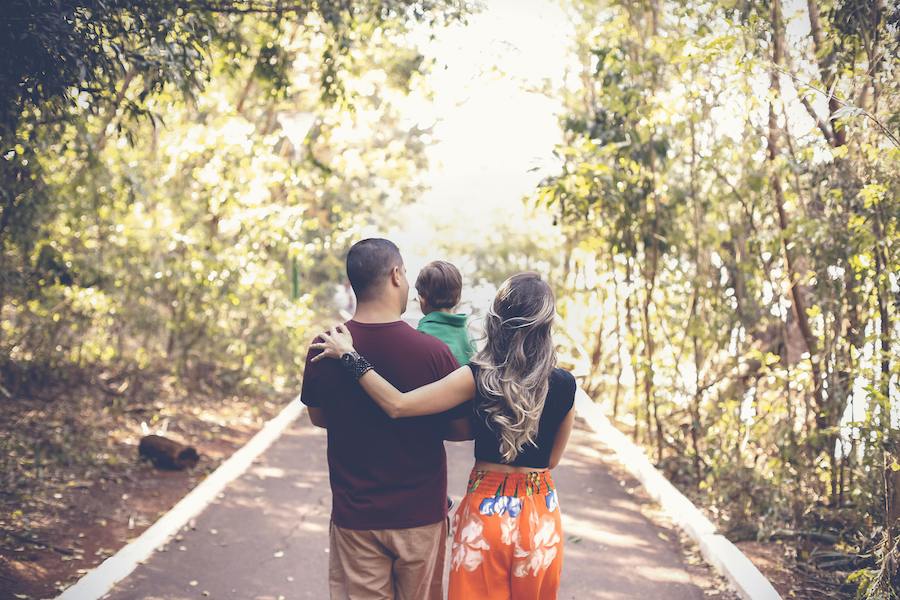Choosing a guardian for your children might be the hardest question to answer when completing your estate plan. Determining who the guardian of your child is is a significant life decision but also a deeply personal one. There are many considerations to think of when deciding who the best choice would be for your children. Let’s take a deeper look at what a guardian is and how you should choose one.
A guardian is a person who looks after, cares for and is legally responsible for someone unable to manage his or her own affairs. There are three main situations when a guardian is needed: for a disabled person, for an elderly person who is no longer able to care for themselves, or for a child under 18 whose both parents become incapacitated or deceased.
In the state of Illinois, if one parent becomes incapacitated or dies, the other parent typically becomes the sole custodian of the children. Unless there is a major reason why the other parent cannot have the child. So, when having your wills drafted you must consider who would take guardianship of the children in the event both parents die.
When thinking of possible guardians, you will want to consider their values, beliefs, and parenting philosophies. As you know from being a parent, consistency is crucial with children. You will want the guardian to be able to provide a stable and nurturing environment who lives the same type of lifestyle as you. You should consider the potential guardians’ emotional and physical well-being. While financial means should never be the only decision, you should have that factor in the equation. If the guardians can’t financially take care of themselves can they take care of children?
The obvious choice is to look at your family members and your close friends first. When doing this consider the age or health of the individuals. It’s common to consider your child’s grandparents, however, you should ensure that they are in good health and capable of meeting the long-term needs of a child. Finally, consider the geographical location. Someone who lives close to your current location could help minimize disruptions to your child’s routine and relationships. Is their house big enough? Is the house close to other family members?
Once you think you have decided on who the potential guardians could be, discuss this decision with them. Have open and honest discussions. Discuss your expectations and ensure they are willing to do it. If they do not want the responsibility, respect the decision. Have a backup plan and specify alternative guardians in your estate plan in case the day comes, and they are unable to fulfill the role.
Finally, just because you drafted your estate plan it doesn’t mean your job is complete. We recommend reviewing your estate plan at least annually (or after any major life changes). If your relationship changes with the named person, you can always update and change the guardians. This is a long-term decision but you can change it when needed.
Choosing a guardian for your children will be one of the hardest questions to answer when completing your estate plan. There is a lot to consider because it is a major decision that will affect many lives. Work together and talk it out.

